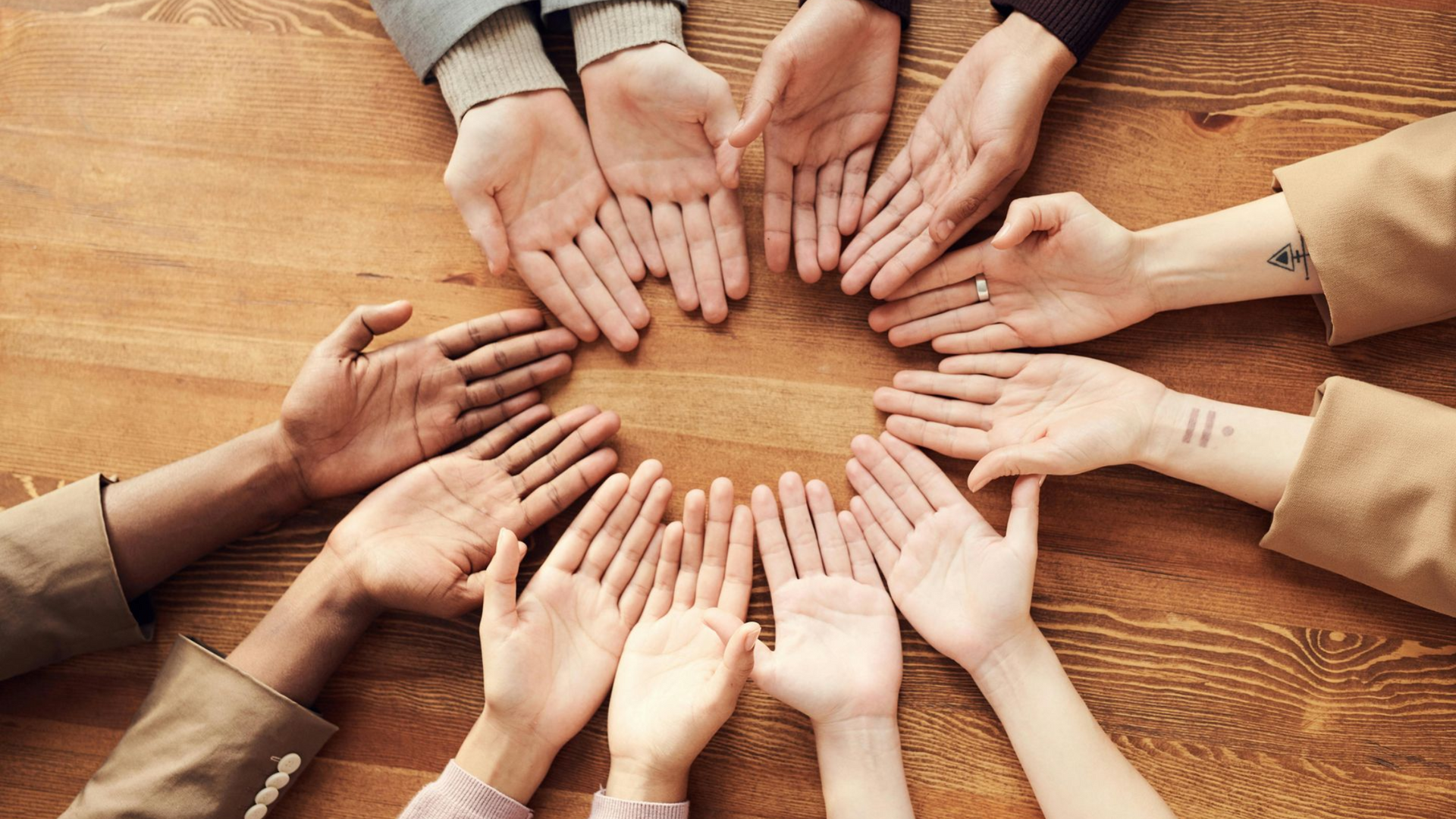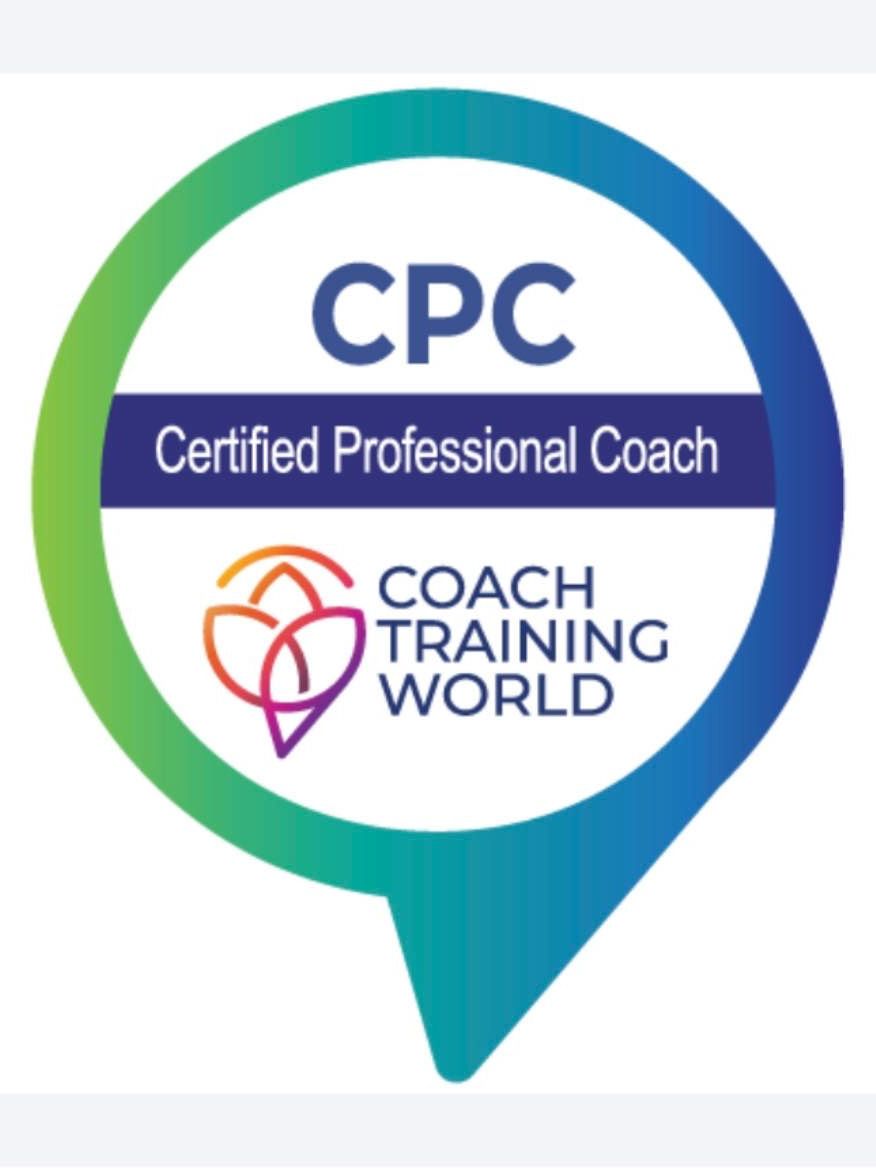When Love Languages Collide
When Love Languages Collide: Why You’re Missing Each Other Without Realizing It
Love Isn’t Always Translated Clearly
You can love someone deeply and still feel disconnected.
You can give your best and still feel unseen.
That’s the tricky thing about love languages — they’re not about how much love we have, but how we express and receive it.
And when two people speak different languages, even love can get lost in translation.
⸻
The Mismatch We Don’t Talk About Enough
Maybe you show love through acts of service — cooking dinner, helping with errands, making life a little easier.
But your partner’s love language is Words of Affirmation, and they just want to hear, “I appreciate you.”
Or maybe your partner thrives on Quality Time, craving your full attention and presence — but you tend to show love through Gifts, surprising them with little things to show you care.
Neither of you are wrong.
You’re both loving in the way that makes the most sense to you.
But the other person might not be feeling it — because it’s not in a language they naturally understand.
These small disconnects can start to feel like rejection, even when love is right there between you.
⸻
Why This Happens
For others, hearing kind Words of Affirmation offers validation and emotional grounding.
When two people come together with different emotional blueprints, there’s bound to be friction. One might seek closeness through affection, while the other seeks it through conversation or help. Neither approach is wrong — but both require understanding.
It’s not incompatibility — it’s opportunity.
A chance to learn each other’s “emotional dialect” and build a shared language of love.Our love language often reflects what we didn’t get growing up — or what made us feel most secure and seen.
For some, Physical Touch means comfort, safety, and connection.
⸻
Bridging the Gap
Here’s where awareness and intention come in.
You don’t have to become your partner’s love language — you just need to acknowledge it.
Try this:
• Ask each other what makes you feel most cared for.
• Notice what they naturally do for you — it’s often how they want to be loved in return.
• Practice small shifts: if they need words, offer them. If they need presence, give time instead of things.
You’ll be amazed at how connection grows when you stop trying to love harder — and start loving smarter.
⸻
How Coaching Can Help
In coaching, I help individuals and couples recognize the patterns that keep them missing each other — and learn new ways to connect that actually work.
Together, we explore:
How you naturally give and receive love
What your partner might be asking for (even if they don’t have the words)
How to rebuild emotional safety after disconnection
How to communicate needs without guilt or frustration
It’s not about changing who you are — it’s about understanding what you both need to feel valued, secure, and loved.
Through conversation, reflection, and practical tools, I guide clients toward relationships that feel balanced — where love isn’t just shown, but understood.
⸻
When Love Still Feels Uneven
Even when you’re aware of your differences, one person may still crave connection more than the other. That’s normal. Relationships have rhythms — moments of closeness and moments of space.
The goal isn’t perfect alignment.
It’s understanding.
Because when you recognize why your partner expresses love differently, you stop personalizing it — and start appreciating it.
⸻
Final Thoughts
Love languages aren’t about labeling — they’re about listening.
They remind us that connection isn’t built from effort alone, but from awareness, empathy, and willingness to learn.
The next time you feel unseen, try asking:
“Is it that they don’t love me… or are they just speaking a different language?”
Because sometimes, love isn’t missing — it’s just waiting to be translated.













